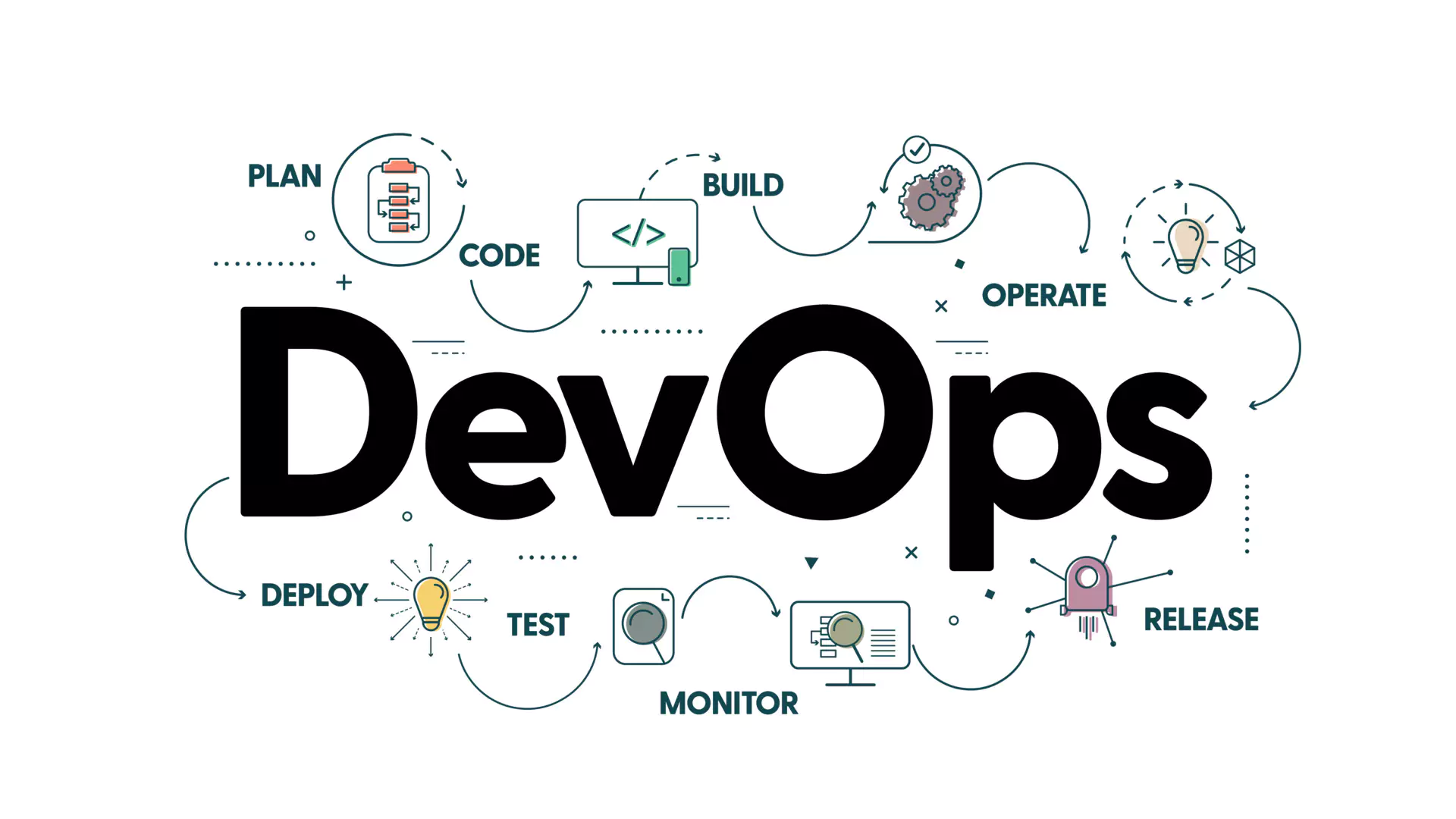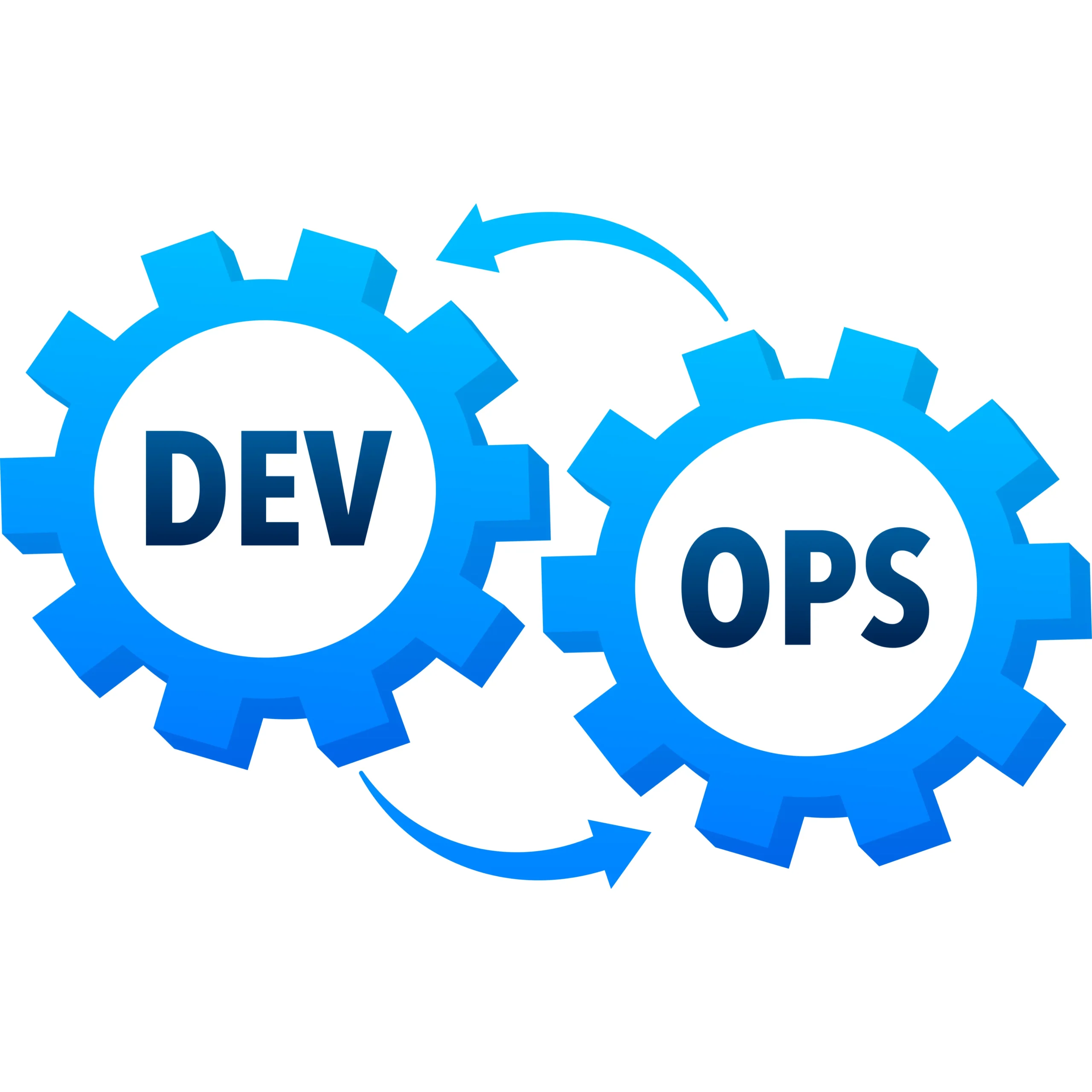Understanding DevOps engineering is essential in today’s fast-paced software development industry. With the increasing demand for rapid and reliable software delivery, organizations are realizing the importance of breaking down the silos between development and operations teams.
DevOps engineering aims to bridge this gap and create a collaborative environment where both teams work together seamlessly.
One of the key principles of DevOps engineering is automation. By automating repetitive tasks and processes, such as building, testing, and deploying software, teams can save valuable time and effort.
This not only increases productivity but also reduces the risk of human error. Automation tools, such as configuration management systems and continuous integration/continuous deployment (CI/CD) pipelines, play a crucial role in achieving this automation.
Another aspect of DevOps engineering is streamlining workflows. Traditionally, development and operations teams have worked in isolation, leading to delays and miscommunication.
DevOps aims to break down these barriers by creating cross-functional teams that collaborate throughout the entire software development lifecycle. This includes planning, coding, testing, and deployment.
By having all team members involved from the beginning, issues can be identified and resolved early, resulting in faster and more reliable software delivery.
Furthermore, DevOps engineering emphasizes a culture of continuous integration and delivery. Continuous integration involves merging code changes into a shared repository frequently, allowing for early detection of integration issues.
Continuous delivery, on the other hand, focuses on automating the deployment process, enabling teams to release software updates to production quickly and reliably.
By adopting these practices, organizations can reduce the time it takes to deliver new features and enhancements to end-users, gaining a competitive edge in the market.
Finally, DevOps engineering is a method for creating software that fosters better cooperation, communication, and efficiency by bringing together teams responsible for development and operations.
Software can be delivered more quickly and reliably when organizations embrace automation, streamline operations, and cultivate a culture of continuous integration and delivery. As a result, both consumer satisfaction and business prosperity are enhanced.
What is the Importance of a DevOps Engineer?
DevOps engineers are the backbone of any organization’s DevOps practices. They are responsible for implementing and maintaining the essential processes that enable seamless software development, testing, and deployment.
One of the primary tasks of a DevOps engineer is automating infrastructure provisioning and configuration management. By utilizing tools like Ansible, Puppet, or Terraform, they can streamline the process of setting up and managing the necessary infrastructure for software development and deployment.
In addition to infrastructure automation, DevOps engineers are also responsible for implementing continuous integration and continuous delivery (CI/CD) pipelines. These pipelines enable developers to integrate their code changes frequently and automatically test and deploy them to production environments.
By automating these processes, DevOps engineers ensure that software is delivered to customers quickly and with minimal human intervention.
Monitoring and troubleshooting production systems is another critical responsibility of DevOps engineers. They use various monitoring tools like Nagios, Prometheus, or ELK stack to monitor the health and performance of production systems.
When issues arise, DevOps engineers work closely with development and operations teams to identify the root cause and implement necessary fixes.
Collaboration is a key aspect of a DevOps engineer’s role. They act as a bridge between development and operations teams, facilitating effective communication and collaboration. By working closely with both teams, DevOps engineers can identify and resolve issues quickly, ensuring smooth software delivery.
Implementing security measures and best practices is also a crucial part of a DevOps engineer’s responsibilities. They work closely with security teams to identify potential vulnerabilities and implement necessary security measures to protect the organization’s infrastructure and data.
This includes implementing secure coding practices, performing regular security audits, and ensuring compliance with industry standards and regulations.
In summary, DevOps engineers play a vital role in implementing and maintaining DevOps practices within an organization.
They automate infrastructure provisioning, implement CI/CD pipelines, monitor and troubleshoot production systems, collaborate with development and operations teams, and ensure the security of the organization’s infrastructure and data.
Their expertise and contributions are essential for achieving efficient and reliable software delivery. Furthermore, implementing DevOps engineering practices can also have a positive impact on the overall culture and morale within an organization.
By breaking down silos and promoting collaboration, DevOps fosters a sense of unity and shared purpose among team members. This can lead to improved communication, increased trust, and a stronger sense of belonging, all of which contribute to a more positive work environment.

Benefits of DevOps
Here are just a few of the many advantages of DevOPs:
- DevOps enables organizations to adapt and respond to changes more effectively
- Focus on automation and continuous delivery
- DevOps allows for rapid iteration and experimentation
- DevOps can also bring financial benefits to organizations by reducing manual errors and streamlining workflows
- DevOps helps to minimize waste and optimize resource utilization. This can result in cost savings and an improved return on investment
- DevOps engineering fosters innovation by encouraging collaboration and cross-functional teams
- DevOps creates an environment where new ideas can flourish. This can lead to the development of innovative solutions and the ability to stay ahead of the competition
Overall, implementing DevOps engineering practices can have a transformative effect on organizations. From increased collaboration and efficiency to improved quality and customer satisfaction, the benefits of DevOps are numerous and far-reaching. By embracing DevOps, organizations can position themselves for success in today’s digital age.
Key Principles of DevOps Engineering
DevOps engineering follows a set of key principles that guide its implementation:
Culture
DevOps emphasizes a culture of collaboration, trust, and continuous improvement. It encourages teams to work together, share knowledge, and take ownership of the entire software development lifecycle.
Automation
Automation is a fundamental aspect of DevOps engineering. It involves automating repetitive tasks, such as infrastructure provisioning, testing, and deployment, to increase efficiency and reduce human error.
Continuous Integration and Continuous Delivery (CI/CD)
CI/CD is a set of practices that enable frequent and automated software releases. It involves integrating code changes regularly, running automated tests, and deploying software to production environments quickly and reliably.
Infrastructure as Code (IaC)
IaC is the practice of managing infrastructure resources, such as servers, networks, and databases, using code. It allows for version control, repeatability, and scalability of infrastructure configurations.
Monitoring and Logging
DevOps engineering emphasizes the importance of monitoring and logging to gain visibility into system performance, detect issues, and troubleshoot problems effectively.
Security
Security is a critical aspect of DevOps engineering. It involves implementing security measures throughout the software development lifecycle, such as secure coding practices, vulnerability scanning, and access control.
Collaborative Tools
Another key principle of DevOps engineering is the use of collaborative tools to facilitate communication and collaboration among team members. These tools include version control systems like Git, project management platforms like Jira, and communication tools like Slack.
Continuous Learning
DevOps engineering promotes a culture of continuous learning and improvement. Team members are encouraged to stay updated with the latest technologies and industry trends, attend conferences and workshops, and participate in training programs to enhance their skills and knowledge.
Agile Methodology
DevOps engineering aligns with the principles of Agile methodology, which emphasizes iterative development, frequent feedback, and adaptability. Agile practices such as Scrum and Kanban are often integrated into DevOps processes to ensure rapid and efficient software delivery.
Collaborative Problem-Solving
DevOps engineering encourages collaborative problem-solving, where team members from different disciplines work together to identify and resolve issues. This approach fosters innovation, creativity, and a sense of shared responsibility.
By following these key principles, organizations can successfully implement DevOps engineering practices and achieve faster software delivery, improved quality, and increased customer satisfaction.
Tools and Technologies in DevOps Engineering
DevOps engineering relies on a wide range of tools and technologies to automate processes and facilitate collaboration.
These tools play a crucial role in streamlining the development and deployment pipeline, enabling teams to deliver high-quality software at a faster pace. Let’s take a closer look at some of the popular tools and technologies used in DevOps:
Continuous Integration/Continuous Delivery (CI/CD) Tools
Examples include Jenkins, GitLab CI/CD, and CircleCI. These tools automate the creation, testing, and deployment of software, ensuring that changes made by developers are quickly and effectively integrated and delivered to production environments.
Configuration Management Tools
Tools like Ansible, Chef, and Puppet enable the automation and management of infrastructure configurations. They allow DevOps engineers to define and maintain the desired state of servers and network devices, ensuring consistency and reducing manual effort.
Containerization Tools
Docker and Kubernetes are widely used for containerization and orchestration. Docker allows developers to package their applications and dependencies into lightweight containers, providing consistency and portability across different environments. Kubernetes, on the other hand, helps automate the deployment, scaling, and management of containerized applications.
Monitoring and Logging Tools
Tools like Prometheus, Grafana, and ELK Stack (Elasticsearch, Logstash, Kibana) provide visibility into system performance and help identify and troubleshoot issues. These tools collect and analyze metrics, logs, and events from various sources, allowing DevOps teams to proactively monitor and optimize the performance of their applications and infrastructure.
Infrastructure as Code (IaC) Tools
Terraform and CloudFormation are popular tools for managing infrastructure resources as code. With these tools, DevOps engineers can define and provision infrastructure components, such as virtual machines, storage, and networking, using declarative configuration files. This approach eliminates manual intervention and ensures consistent and reproducible infrastructure deployments.
Collaboration and Communication Tools
Tools like Slack, Microsoft Teams, and Jira facilitate communication and collaboration among team members. These tools provide a centralized platform for sharing information, coordinating tasks, and tracking progress, enabling seamless collaboration between developers, operations teams, and other stakeholders.
Conclusion
These are just a few examples of the tools and technologies used in DevOps engineering. The choice of tools may vary depending on the specific requirements and preferences of each organization. However, the underlying goal remains the same: to automate processes, foster collaboration, and deliver software faster and more reliably.

